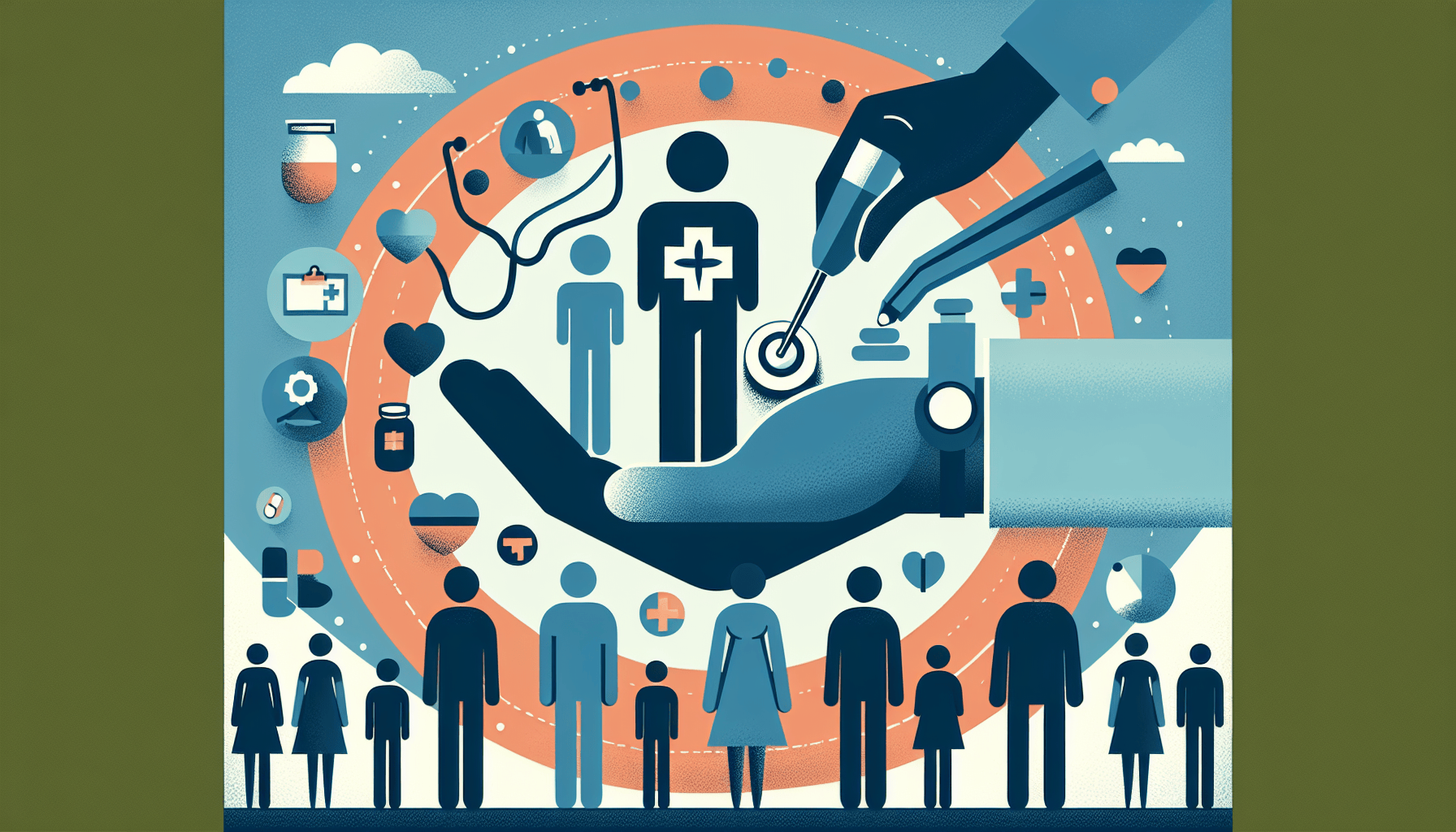Many Americans are confused about what single payer healthcare is and how it would affect them. Single payer healthcare is a system where a single public agency takes responsibility for financing healthcare for all residents. Everyone has health insurance under one plan and has access to necessary services like doctors, hospitals, prescription drugs, and vision care.
The US healthcare system currently has many problems that single payer aims to fix:
The US spends more on healthcare than other developed countries but has worse health outcomes
High administrative costs and lack of price control lead to a lot of wasted spending
30 million Americans still don't have health insurance
There are major inequities in access to healthcare
How Would Single Payer Healthcare Work?
In a single payer system, healthcare would work a lot like Medicare does now. The main difference is that everyone would be covered, not just seniors. The government would pay for all medically necessary services, but people could still choose where to get their care.
Supporters of single payer argue it would:
Provide universal health coverage, improving access and equality
Control overall healthcare spending by reducing administrative costs
Allow more investment in public health and prevention
However, single payer does have some potential drawbacks. In countries with single payer, there are sometimes longer wait times for certain services. Single payer also would not automatically solve the constant challenges of balancing healthcare access, quality, and cost.
Obstacles to Single Payer in the US
The major barriers to single payer are political rather than practical. Opposition from insurance companies and other healthcare industries is a powerful force against reform. The upfront costs of transitioning to a new system are also politically unpopular, even though single payer is projected to save money in the long run.
Mobilizing public support will be key to overcoming these political obstacles. Polls show a majority of Americans support Medicare-for-all. Some proposed strategies are starting single payer in individual states, or lowering the Medicare age gradually. Educating the public about the benefits of single payer may eventually lead to electing politicians willing to enact it nationally.
Learn More About Single Payer Healthcare
The Bottom Line
A government-financed universal system could reduce America's healthcare spending while providing guaranteed coverage for all residents, though requires overcoming significant industry opposition and transition challenges. The trade-off involves higher taxes in exchange for eliminating premiums, deductibles, and coverage gaps. If you have questions about healthcare policy options and how they might affect your coverage, Doctronic can provide personalized guidance.



